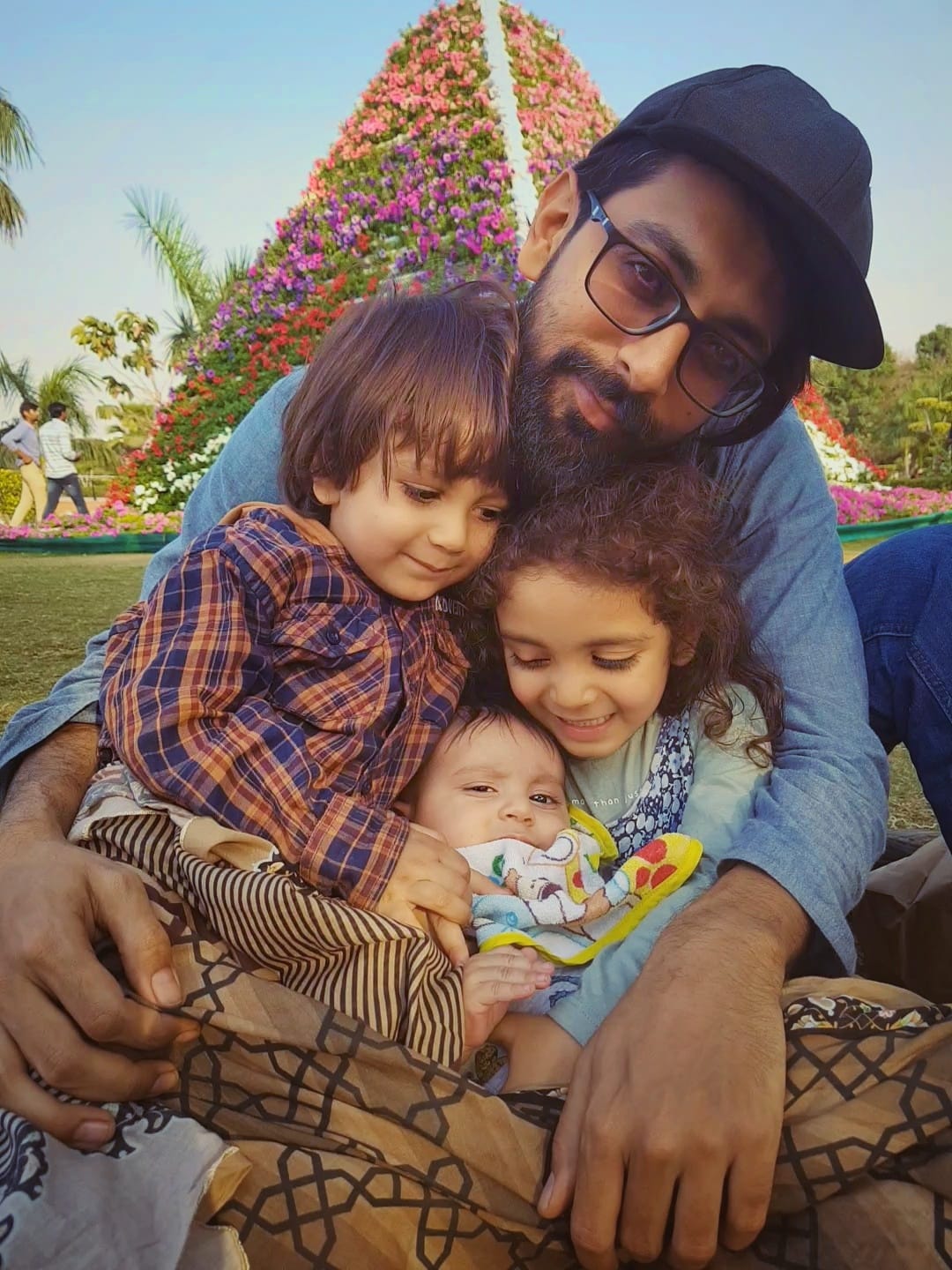In Sufi Islam, anxiety linked to unresolved fear or existential conflict in Germanic Healing Knowledge (GHK) aligns closely with the concept of the nafs (ego or lower self), which encompasses qualities like fear, attachment, and the need for control that keep a person in a state of inner conflict. Sufis identify different stages and attributes of the nafs, viewing its lower aspects as obstacles to spiritual peace and surrender to Allah.

How Anxiety as a Conflict Relates to Nafs:
- Nafs al-Ammarah (The Commanding Self):
- This is the lowest stage of the nafs, where the self is often ruled by fear, attachment, and desires that lead to anxiety and restlessness. When a person’s psyche is dominated by nafs al-ammarah, they may become trapped in a cycle of fear and a need for control over their life and circumstances.
- In GHK, unresolved fear-fright or existential conflicts are similar to the nafs al-ammarah’s state, where constant fear and conflict prevent a person from achieving inner peace. This state keeps a person in anxiety, continually seeking security through worldly means rather than relying on spiritual trust in Allah.
- Nafs al-Lawwama (The Self-Accusing Self):
- At this stage, the soul is aware of its shortcomings but often struggles with guilt, self-doubt, and criticism, which can also contribute to anxiety. Nafs al-lawwama represents the inner struggle to balance worldly desires with spiritual ideals.
- Anxiety in this stage can arise from the conflict between the person’s spiritual aspirations and their attachment to ego-based fears, similar to unresolved conflicts in GHK. In this phase, the nafs may realize that its fear is illogical, yet it hasn’t fully surrendered, leading to ongoing tension.
- Nafs al-Mutma’inna (The Peaceful Self):
- In Sufi practice, reaching nafs al-mutma’inna means achieving a state of contentment and inner peace through surrender to Allah’s will. Here, the soul has moved beyond fear and attachment, experiencing divine trust and calm.
- Resolving anxiety in GHK can be likened to reaching this peaceful state, where, by resolving the root conflict and embracing trust in a higher order, a person no longer experiences fear-based anxiety. In nafs al-mutma’inna, the soul accepts its place within the divine plan, thus dissolving conflicts that cause anxiety.
How Sufism and GHK Align in Overcoming Anxiety:
- Resolving the Core Conflict: Just as GHK encourages identifying the core emotional conflict, Sufi teachings suggest that true peace is found in identifying and overcoming the ego’s desires and fears.
- Cultivating Trust in the Divine: Both perspectives involve shifting from fear-driven responses to a trust-based outlook. In Sufism, this is achieved by relying on Allah for security and guidance, transforming fear into faith.
- Transcending the Lower Self: GHK’s emphasis on addressing the psyche’s conflicts aligns with the Sufi path of spiritual purification, which aims to transcend nafs through inner reflection and surrender.
In this way, both GHK and Sufi Islam see the transformation of anxiety as a process of inner alignment. By identifying the source of fear and reprogramming the psyche (or purifying the nafs), an individual can move towards a state of peace, acceptance, and divine trust.
Research and Publication https://link.springer.com/article/10.1007/s10943-018-0651-x

